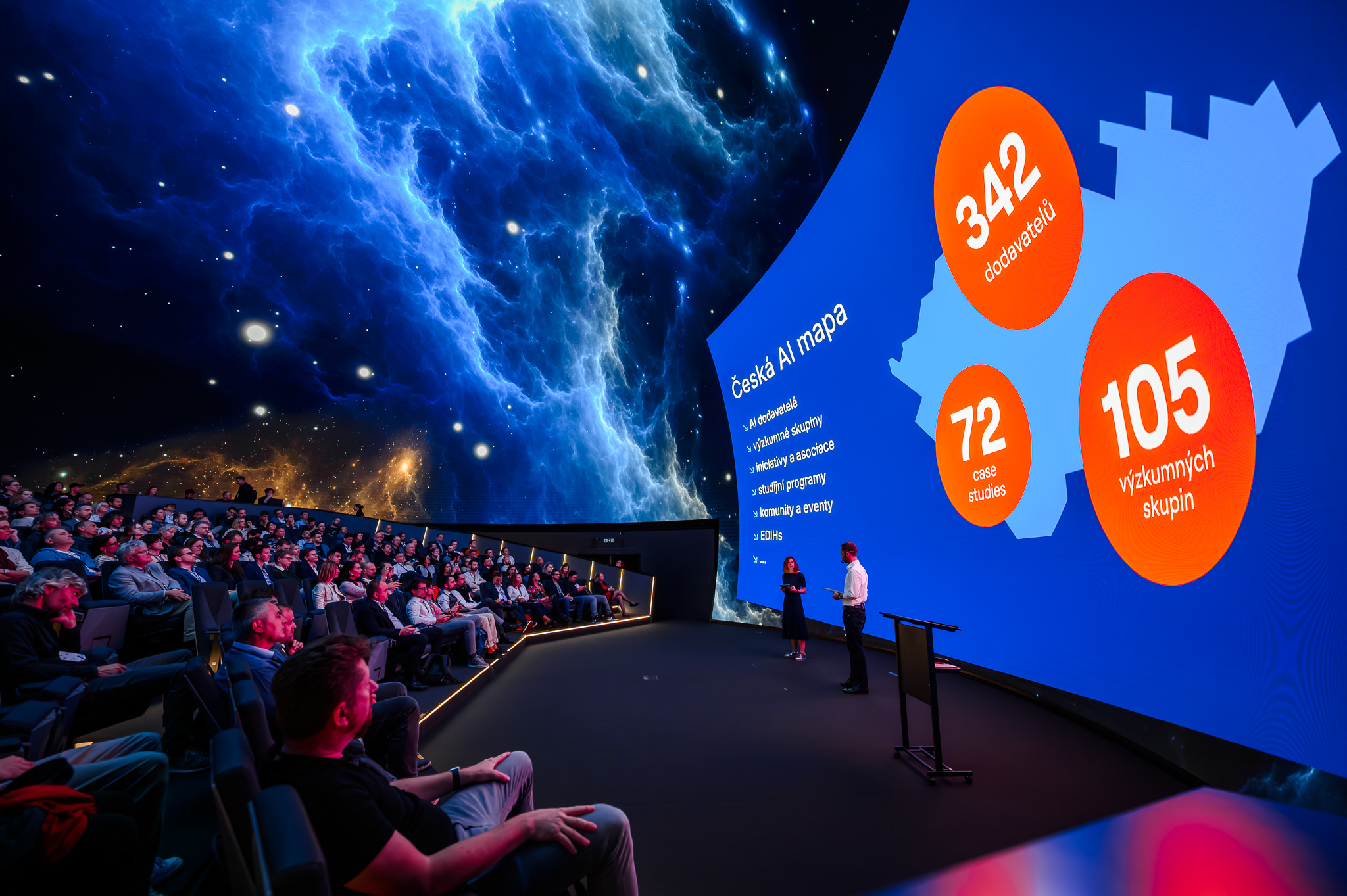The new publication, co-authored by the AIC researcher Jakub Mareček, explores challenges and opportunities in quantum optimization.
Quantum technologies are advancing rapidly, with research into quantum computing growing at an unprecedented pace. However, the burgeoning field has left even experts struggling to navigate its complexities. To bridge this gap, a new review study by Jakub Mareček and 44 collaborators from academia and industry, has been published in the prestigious Nature Reviews Physics. Titled Challenges and Opportunities in Quantum Optimization, the study provides a comprehensive analysis of quantum optimization algorithms, highlighting their potential, limitations, and future directions.
The Promise and Challenges of Quantum Computing
Quantum computers hold the promise of solving problems that are intractable for classical computers. Notable examples include cracking encryption and solving optimization problems – such as determining the fastest route through traffic or optimizing budget allocations. However, while these examples capture public imagination, many remain years away from practical implementation.
Optimization algorithms, in particular, are at the core of this review. The study systematically compares various approaches, providing insights into their relative strengths and weaknesses. It also outlines key challenges that must be addressed before quantum optimization can achieve widespread application.

Industry Collaboration and State-of-the-Art Tools
Dr. Mareček and his collaborators are leveraging cutting-edge quantum systems like IBM's Q computers, which boast up to 1,121 qubits. "To harness the potential of quantum computing, extensive experimentation and practical validation are essential. That’s why we value the involvement of companies like IBM, which not only develop quantum technologies but also generously share their expertise," Mareček noted.
Despite these advancements, current quantum computers have limitations. For instance, IBM's Q systems cannot yet maintain qubit coherence long enough to surpass the performance of classical computers in solving large-scale problems. Presently, classical computers excel in tackling high-dimensional convex optimization problems, while quantum computers are expected to make significant progress in nonconvex and uncertain optimization challenges.

Collaborative Efforts Across Disciplines
This groundbreaking study is the result of years of interdisciplinary collaboration. Academic contributors include researchers from institutions such as the Massachusetts Institute of Technology (MIT), the Swiss Federal Institute of Technology Lausanne (EPFL), and the Technical University of Berlin. Industry partners such as E.ON, Erste Bank, HSBC, IBM, and Volkswagen have also played key roles in the research.
Outlook
While quantum optimization remains in its early stages, the study offers a roadmap for future development. By combining insights from mathematics, computer science, and physics, the authors aim to guide the field toward practical applications where quantum computers can complement or outperform their classical counterparts.
As quantum technologies continue to evolve, such collaborative efforts will be crucial in transforming theoretical possibilities into tangible innovations.
.png)




